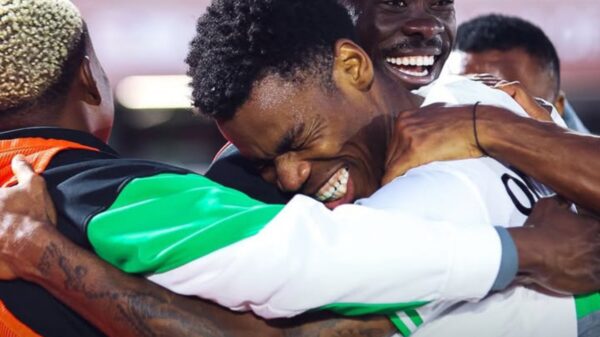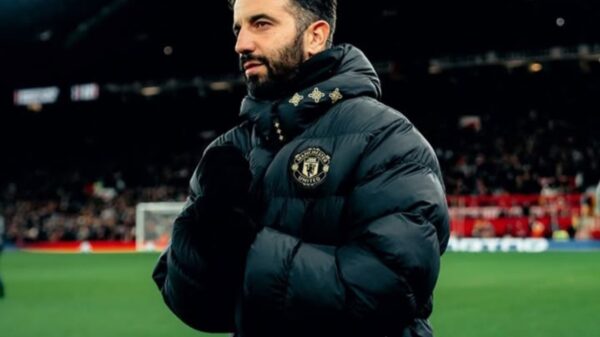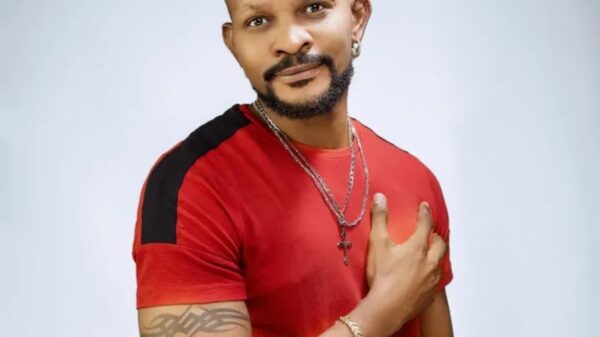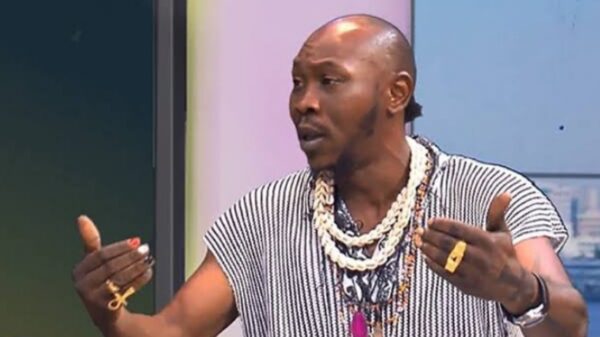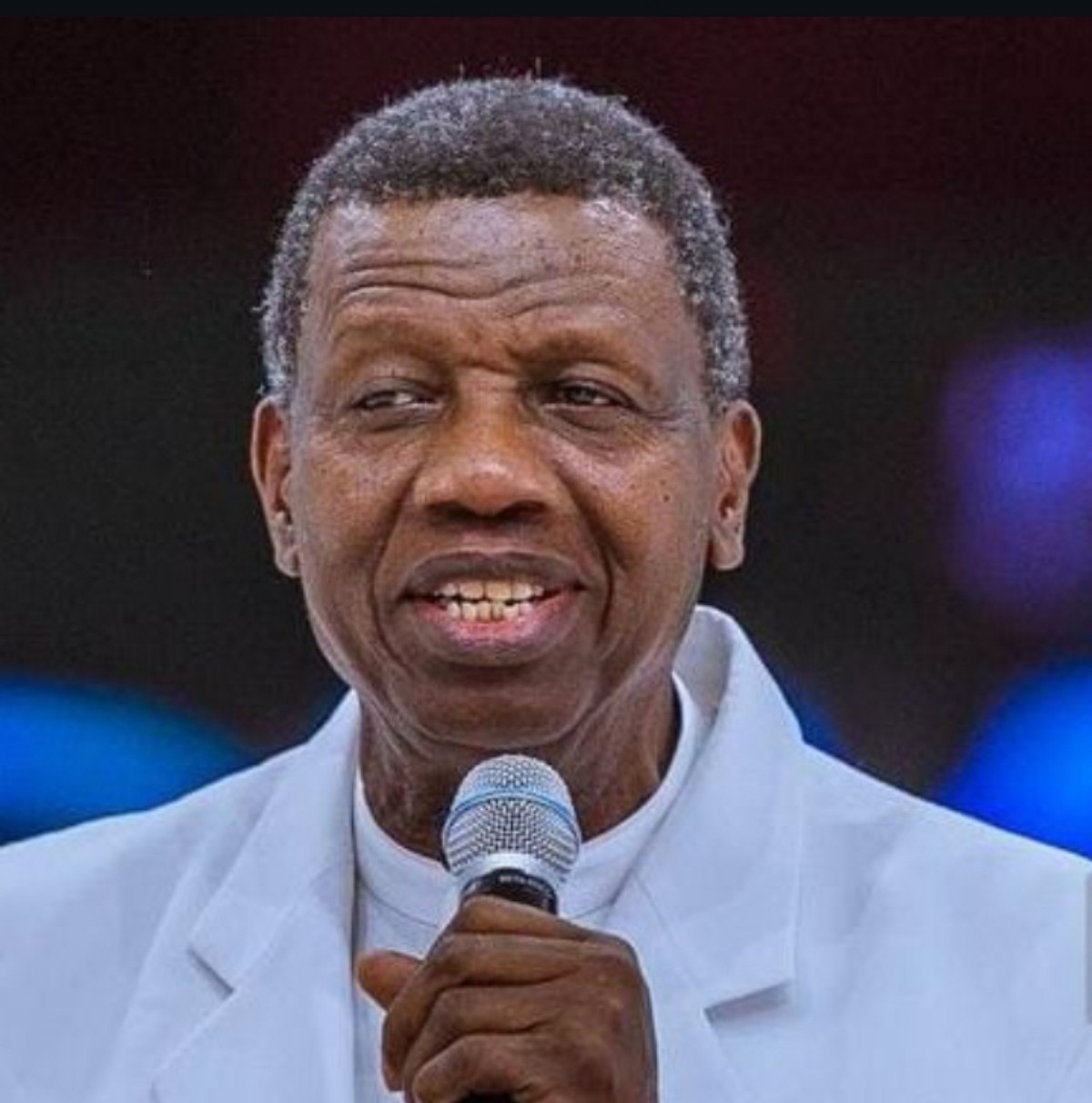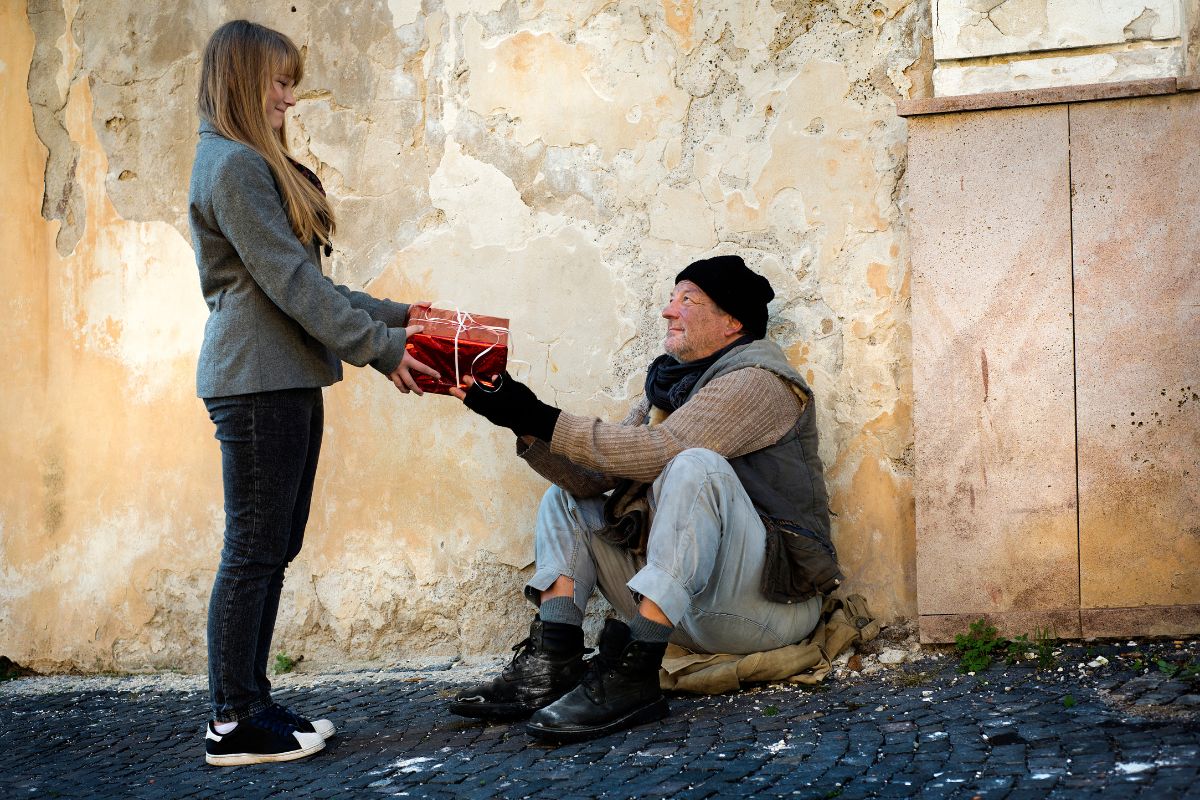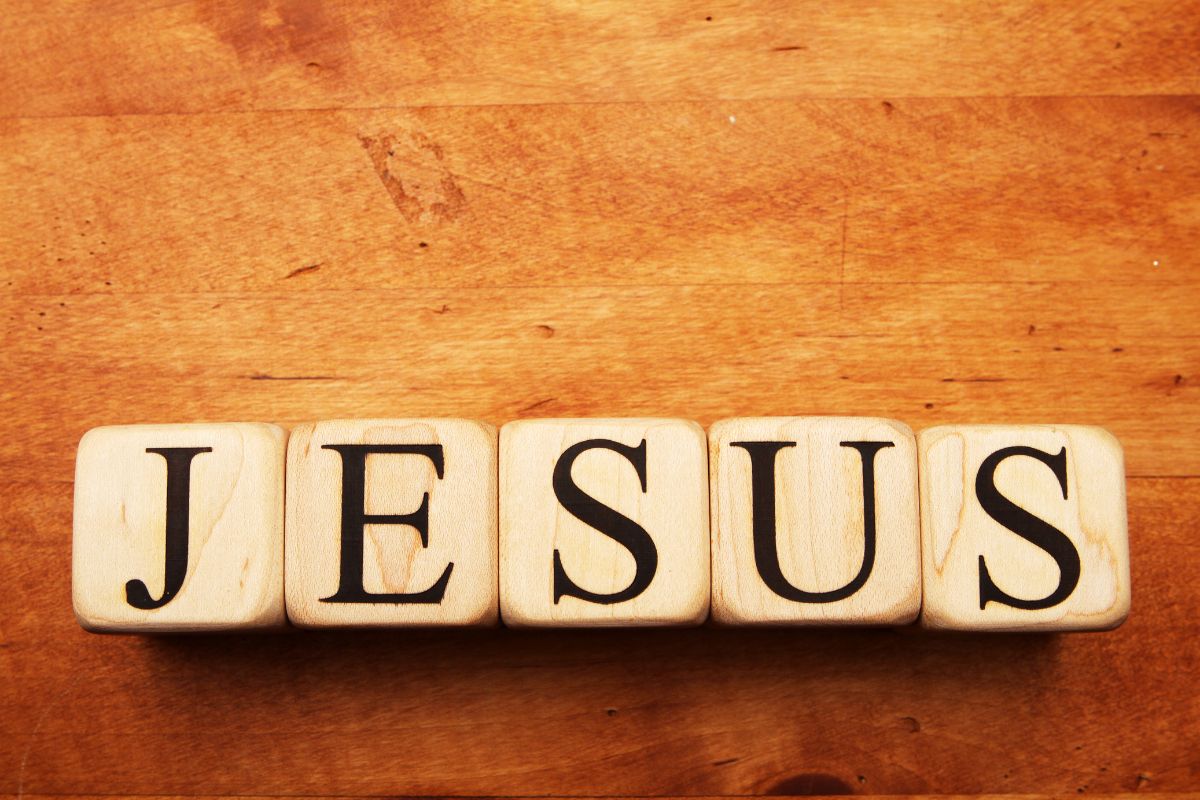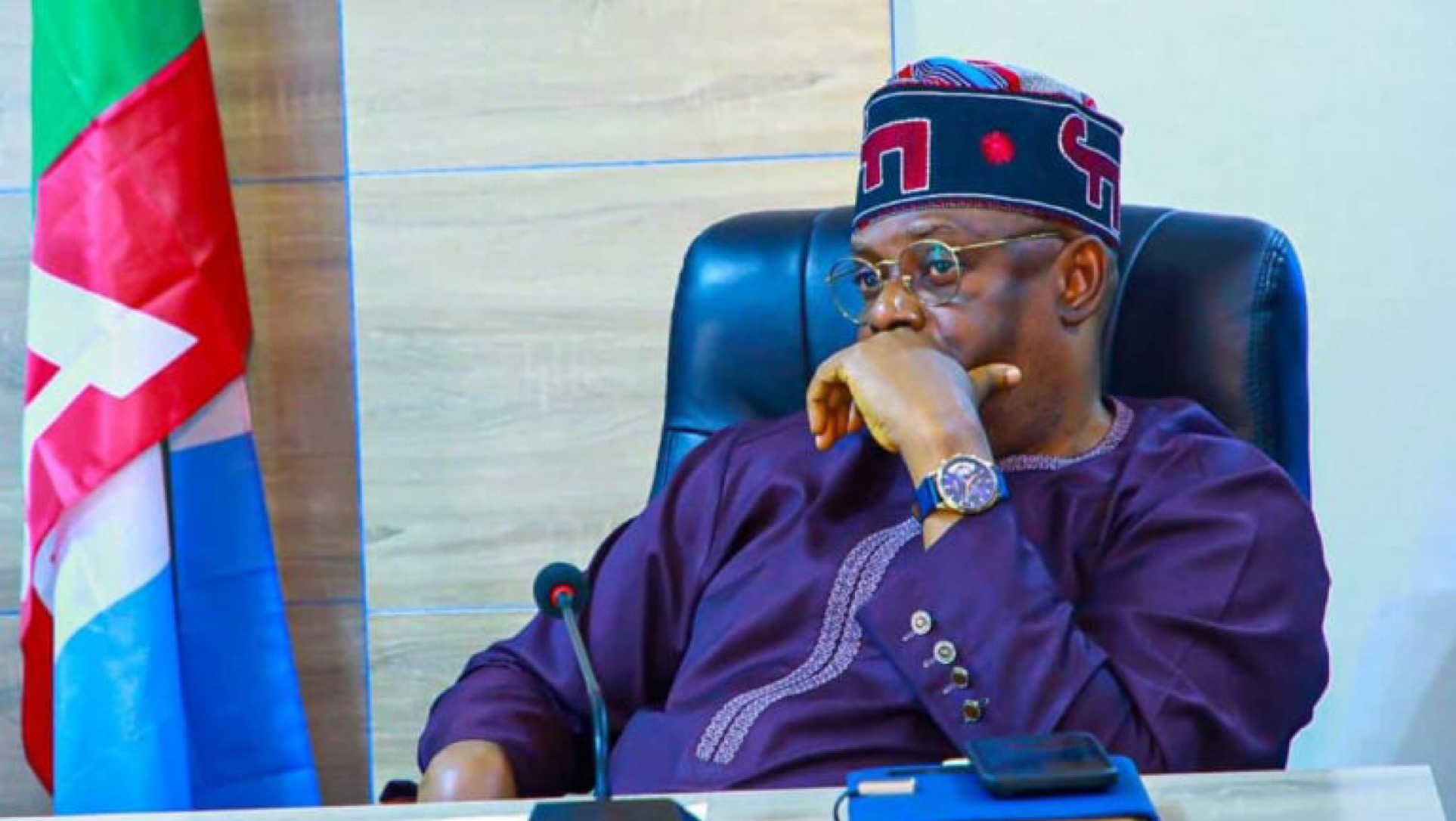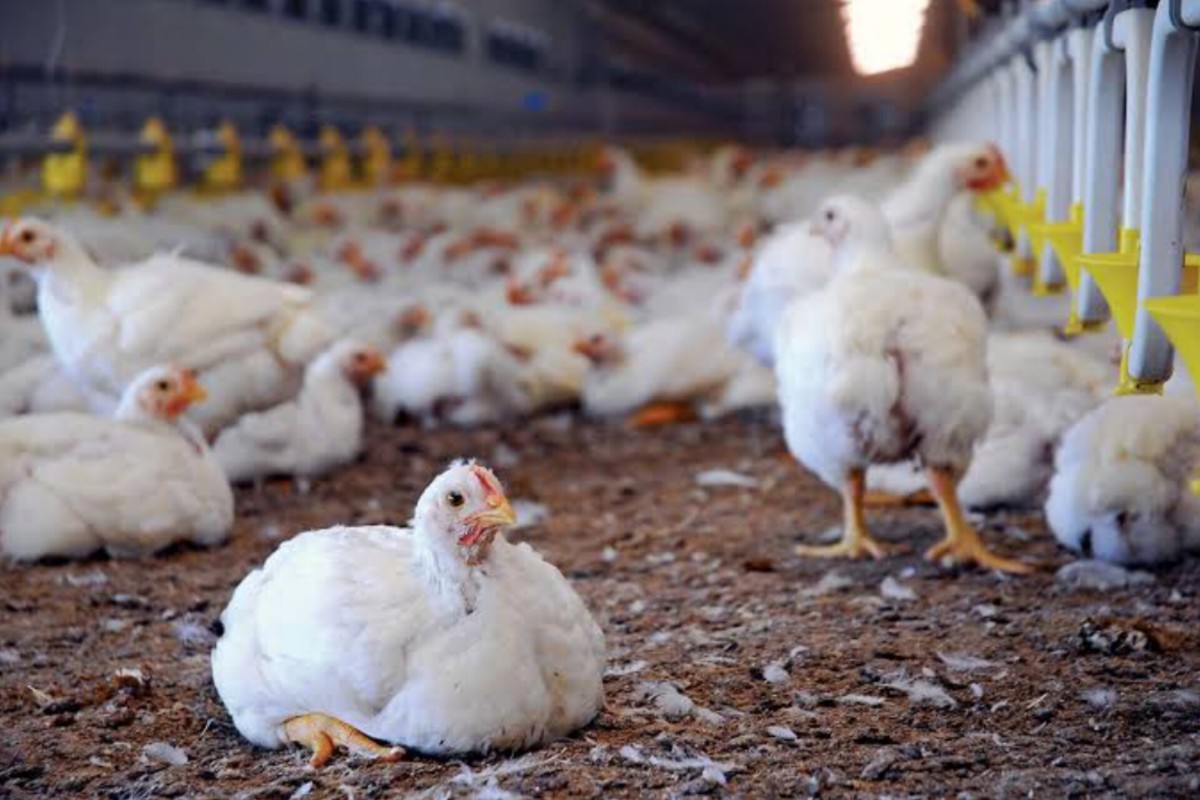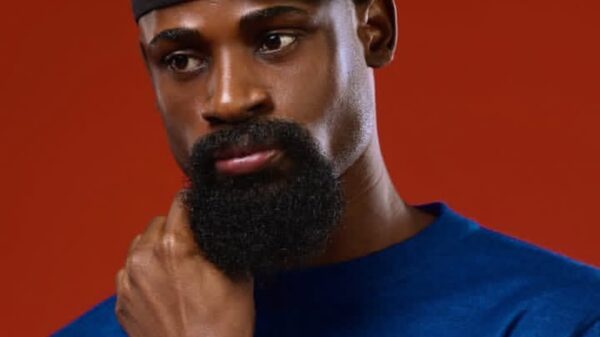Deut 6.2-6;
Ps 17;
Heb 7.23-28;
Mk 12.28-34

ALL WE NEED IS LOVE FOR THERE IS NO COMMANDMENT GREATER THAN LOVING GOD AND NEIGHBOR.
People who are not churchgoers who do not regularly attend Masses, church services—such as lapsed Catholics, former members of various denominations, and non-religious individuals—often provide a range of reasons for their absence from Mass or other religious gatherings. A common justification cited is the perception that “Christians are hypocrites.”
Upon further inquiry, these non-attenders articulate that Christians are expected to embody the ideals expressed in the Gospel, which they believe is not reflected in the actions of many professing believers. They point out that while Christians profess to love God wholeheartedly and to love their neighbors as themselves, they frequently engage in sinful and selfish behaviors.
In addition to the view that individual practitioners are hypocritical, a prevalent critique pertains to the Church as an institution, with some individuals asserting that it has become “too worldly.” Others claim that it is “out of touch with reality,” citing perceived issues such as excessive wealth or inappropriate political involvement—too political, or not political enough. The range of critiques is extensive.
Moreover, in contemporary society, there is an increasing expectation for individuals in positions of authority and trust—such as politicians, medical professionals, clergy, social workers, and others—to demonstrate accountability. The media often scrutinizes these individuals and revels in exposing any misconduct.
In this context, some individuals state that they refuse to engage with the Church following revelations of misconduct by clergy, such as incidents of child abuse and vulnerable adults. This response represents a more immediate manifestation of a long-standing rationale for disengagement from religious practices.
In response to these criticisms, Catholics must address these concerns with honesty. It is acknowledged that certain priests have been imprisoned for serious offenses, and there exists no justification for morally reprehensible behavior.
It is futile to deny or downplay these occurrences, as they are frequently reported in the media. Furthermore, when Catholics are labeled as hypocrites, it is advisable to refrain from asserting that members of the Church are flawless, as it is evident that no individual lives up to the esteemed ideals professed.
However, if individuals endeavor to adhere to the Church’s teachings, they can express a commitment to growing in conformity to Christ, aspiring to be more loving, obedient to the Gospel, and faithful to the commandments over time. The primary function of the Church is to assist imperfect individuals in turning away from sin and maintaining fidelity to the Gospel.
It is crucial to emphasize the necessity of a genuine approach to Catholic teaching and discipline, particularly in response to the contemporary tendency to adopt selective adherence, where individuals may choose to follow only those aspects of doctrine that resonate with them while ignoring those they find challenging. Critics of the Church may have valid points, often derived from the observation that some Catholics have adopted lax practices, disregarded formal teachings, and crafted their interpretations of faith and morals.
Many non-Catholics hold the Holy Father in high regard due to his unwavering doctrinal clarity and the alignment of his life with his teachings. They may judge both individual Catholics and the broader Church negatively if they perceive a lack of integrity or a muddled understanding of faith practices.
To those who argue that the imperfections of priests undermine the significance of the Catholic Church, it is essential to clarify the Church’s teachings. The Catechism delineates that through the sacrament of ordination, “the presence of Christ as Head of the Church is made present in the community of believers” (Paragraph 1549). It also states, “The presence of Christ in the minister is not to be understood as if the latter were preserved from all human weaknesses, the spirit of domination, error, even sin.
The power of the Holy Spirit does not guarantee all acts of ministers in the same way” (Paragraph 1550). This assurance indicates that the core sacramental life of the Church is safeguarded by the Holy Spirit.
As highlighted in the second reading of today’s Mass, the distinction is made between the imperfect high priests of the Old Covenant and Christ, the eternal and perfect High Priest. The priesthood within the Church is a continuation of Christ’s priesthood. During the celebration of Mass, the bishop or priest acts in persona Christi, serving in the role of Christ by their ordination.
The personal worthiness of the celebrant does not influence the validity of the sacrificial nature of the Mass or the real presence of Christ in Holy Communion. In the context of confession, the sins of a bishop or priest do not compromise the efficacy of the sacrament.
Fr Joseph Osho
















